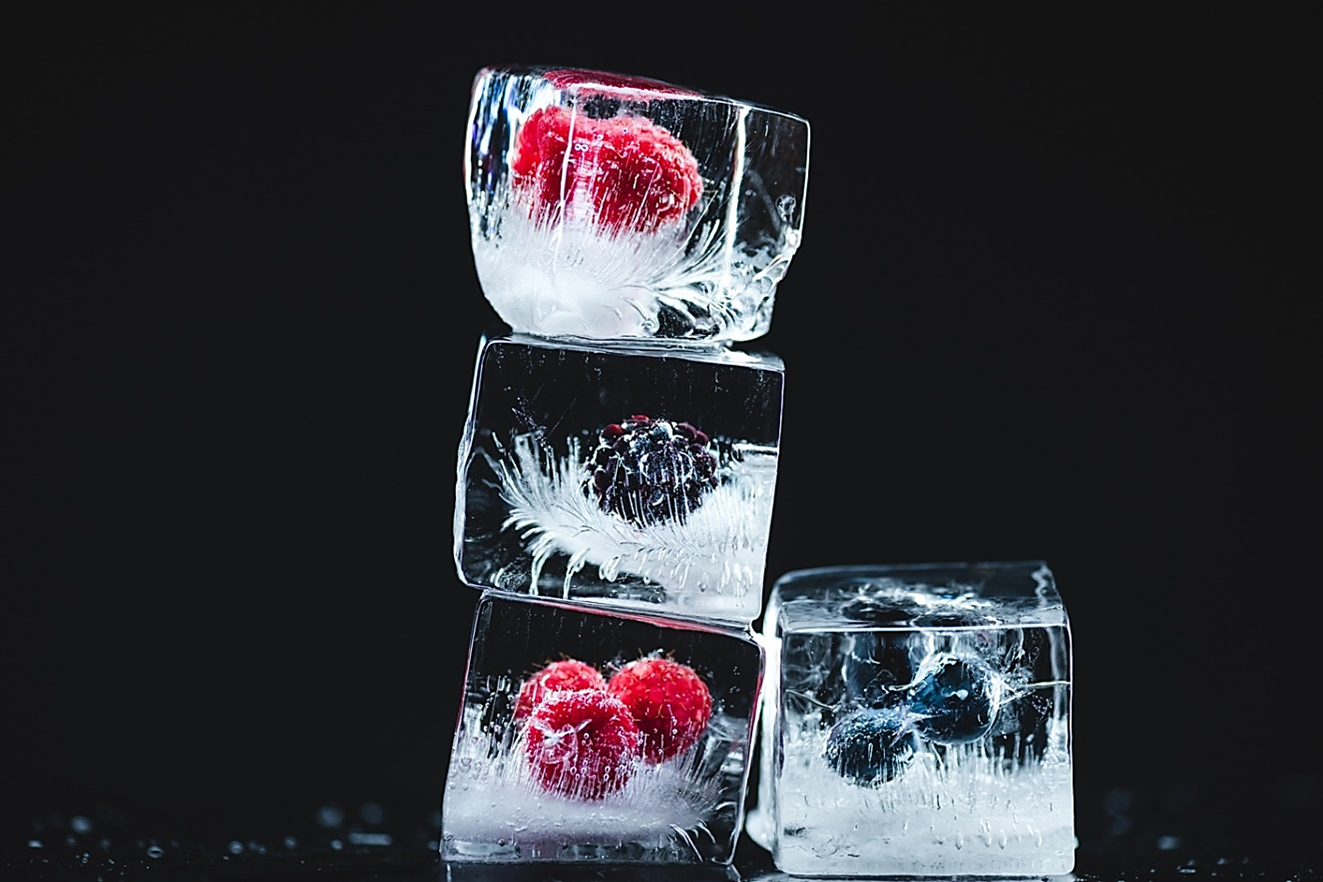As a blogista, one would imagine that I love the internet or the worldwide web. You’d be right. It’s packed to capacity with the most incredible information and makes research interesting, amusing, at times alarming and can turn one into a sniffer dog that any contraband sniffing beagle would envy – (all those leads!)
Some time ago, I read one of what I call, Snopes-worthy-at-a-glance chain *shudder* mails. Recently, while researching, I came across another take on the ice-cold water debate, one I hadn’t heard of before.
The First Drinking Ice Water Theory I read is that if you are all hot and bothered and need to cool down, instead of chug-a-lugging litres of brain freezingly cold water, you should rather drink room temperature water (which is disingenuous, because what if your ‘room’ at the time is an Arctic wasteland? Hmf!). The reason for this is that your body works hard to regulate your ‘core’ temperature. Picture the scene:
You’ve just vaulted up two flights of stairs wearing your spencer and Ugg boots. You get to the landing, leopard crawl down the corridor, reach your water dispenser station, roll onto your back underneath the water cooler, open the tap, a steady stream of water from source pouring refreshingly down your gullet. Now your body is hot. The water is cold. So, whereas you are hydrating your body, which is what your body is asking for, your body now must work double time to ‘heat up’ the water to your core temperature, which is baaad. Or so the chain mail said. I am, (of course), paraphrasing (a lot). I think, for this next one, I don’t have to draw a scenario for you.
The Second Drinking Ice Water Theory is just plain funny – ha ha and peculiar. According to this zinger and I’m quoting, “Drinking Ice Water after a meal … will solidify the oily stuff that you have just consumed. Once this ‘sludge’ reacts with the acid, it will break down and be absorbed by the intestine faster than the solid food.”
Anyhow, so of the two, which is absolute Hogwarts (sorry!) hogwash and which, if any, of the two, have an element of truth in them? I believe the answer to both is a ‘what’s good for you coupled with common sense’ thought process.
Personally I tend to believe the first theory – if our bodies are ‘normally’ at about 37C° and you’ve exerted yourself which means that your body temperature us higher; then with ice water being around 0C°, it would make sense that your body has to work harder to regulate the temperature of the cold water to, rather ironically, cool you down.
So, on this, I’d suggest that if you do decide to Rocky it up the stairs, dressed like Bradley Cooper in The Silver Linings Playbook, for reasons known only to you; by all means perch next to the water cooler, just don’t guzzle. Pour yourself a cup of cool water and drink it slowly.
As for the ‘sludge’ that ice water turns ‘the oily stuff’ into theory, I truly, for once, don’t have a comeback for this marvel of silly.
Keen on having chilled, cool, ambient temperature or even piping hot water available immediately? You need look no further than the UK’s leading water cooler supplier: AquAid. You’re welcome. Drink up!

